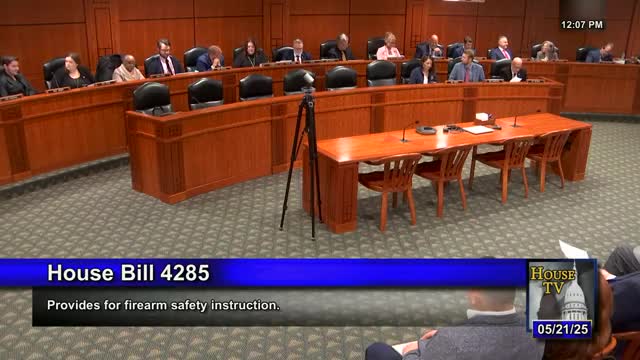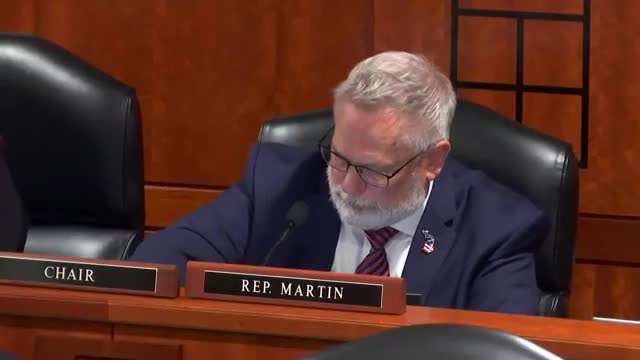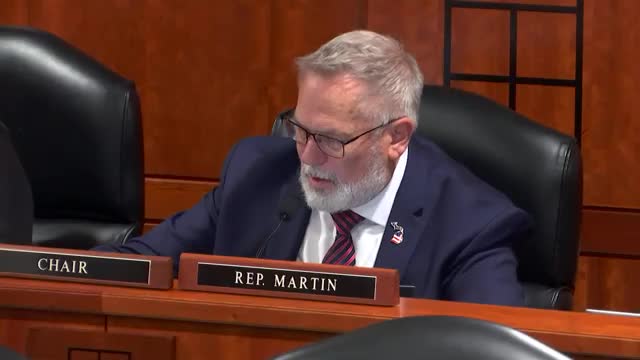Article not found
This article is no longer available. But don't worry—we've gathered other articles that discuss the same topic.

Sponsors and industry push rollback of groundwater discharge fee increases; EGLE warns of staff, service impacts

Committee approves reporting of bill to remove pheasant-stamp sunset

